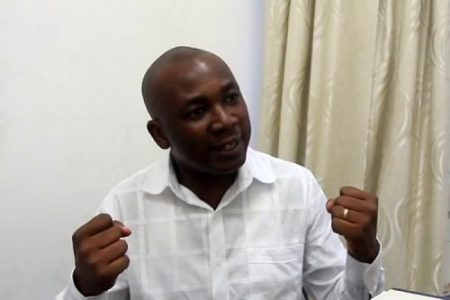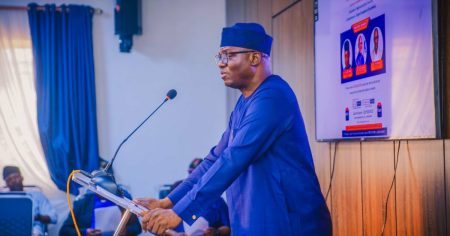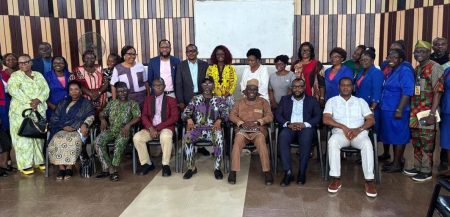The Federal Civil Service Commission (FCSC) has identified a critical challenge within Nigeria’s civil service, not as overstaffing, but rather a significant skill mismatch and underutilization of existing personnel. Chairman of the FCSC, Professor Tunji Olaopa, articulated this concern during the unveiling of the commission’s inaugural strategic plan, emphasizing that the current workforce possesses a substantial number of employees whose skills are outdated and no longer relevant to the evolving needs of the service. This redundancy creates a paradoxical situation where the civil service appears adequately staffed numerically, but lacks the specific expertise required to effectively function and contribute to national development.
Professor Olaopa further elaborated on the problem, stating that while Nigeria’s civil service workforce size is comparable to other nations, the core issue lies in the mismatch between available skills and required competencies. A large segment of the workforce lacks the necessary skills for contemporary roles, while the expertise crucial for driving progress remains scarce. This skills gap hinders the civil service’s ability to efficiently and effectively deliver services, implement policies, and contribute to national economic growth. Addressing this challenge requires a strategic approach that focuses on reskilling, redeployment, and performance-based management.
To rectify this critical skills deficit, the FCSC has initiated a multi-pronged strategy. This includes implementing a robust performance management system to assess and enhance employee productivity, reskilling programs to equip existing staff with relevant and up-to-date skills, and strategically redeploying underutilized personnel to areas where their skills can be effectively leveraged. Furthermore, the commission is encouraging voluntary exits with incentives to create space for new talent with the requisite skills and expertise. These initiatives aim to optimize the existing workforce while paving the way for the influx of skilled professionals who can effectively contribute to the civil service’s mandate.
The overarching goal of these reforms is to strategically align the civil service with Nigeria’s ambition of achieving a $1 trillion economy by 2030. The FCSC recognizes that the civil service must transition from being perceived as a potential impediment to economic growth to becoming a key enabler of national development. This transformation requires a fundamental shift in the operational framework of the civil service, moving towards a performance-driven, reform-oriented approach that aligns with the President’s economic vision. The strategic plan, spanning from 2025 to 2029, provides a roadmap for this transformation, focusing on merit, accountability, and digital efficiency.
The FCSC’s strategic plan emphasizes several key areas for reform. One crucial aspect is the establishment of transparent, merit-based recruitment processes. This aims to eliminate patronage and favoritism, ensuring that recruitment and promotion are based solely on merit and competence. The commission has already begun implementing these reforms by publicly advertising vacancies and processing applications online, fostering a more open and competitive environment attracting the brightest talents in Nigeria to the civil service. This shift towards meritocracy will ensure that the civil service is staffed with individuals possessing the skills and dedication necessary to drive national development.
Another key element of the strategic plan is the institutionalization of performance-based evaluations, rewarding excellence, and ensuring accountability across all ministries, departments, and agencies. This focus on performance management will create a culture of continuous improvement within the civil service, driving efficiency and effectiveness in service delivery. The FCSC’s commitment to these reforms underscores its dedication to building a future-ready civil service capable of contributing significantly to Nigeria’s economic growth and achieving the ambitious $1 trillion economy target. This transformation will require not only structural changes but also a shift in mindset, fostering a culture of excellence, innovation, and accountability within the civil service.














